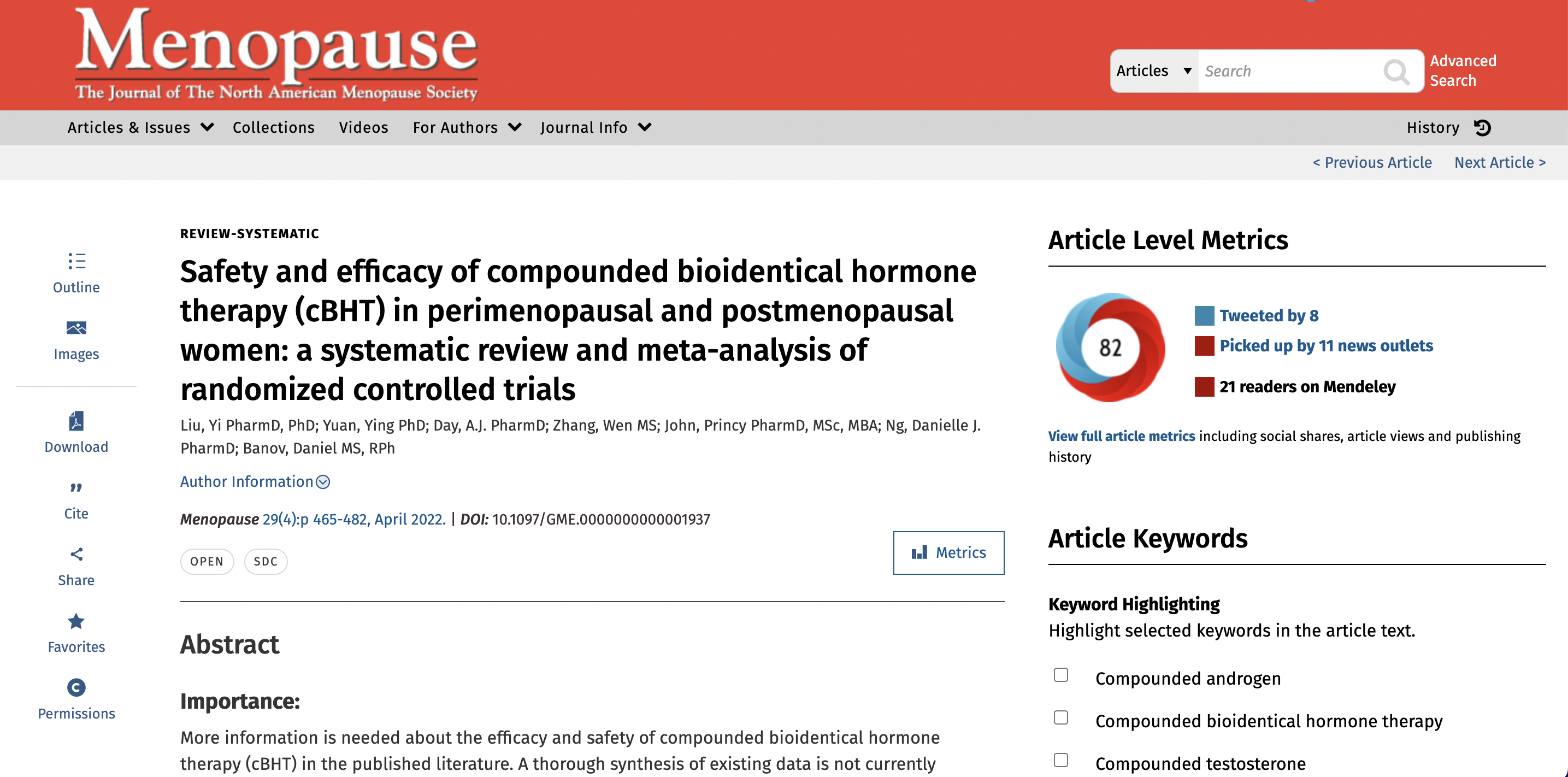Infertility can be a long, dark and lonely road for many couples. Trying to conceive can even add significant stress to relationships.
“I struggled for so many years to get pregnant,” said Margie T. of Birmingham, Alabama. “I went through all of the emotions. All the years of frustration and disappointment and hopelessness. It took such a toll on my family, on my life.”
Medical professionals are not exempt from the complex challenges related to conception. Dr. Randy L. and his wife of Spanish Fork, Utah, were unsuccessful after years of conventional fertility treatments. Like many couples, they decided to adopt. Later, Dr. L. recognized his wife was having some hormone imbalances.
After beginning natural progesterone therapy and optimizing her thyroid function, she was feeling great. Not only did that balance her hormones, but it also resulted in an exciting and unexpected change when she learned she had become pregnant.

“And turns out, she was pregnant with our first homemade guy and that was a great experience and exciting.”
– Dr. Randy L.
In a similar situation, because Margie T.’s body was unable to produce enough progesterone, her doctor prescribed compounded hormones from a local pharmacist. “For months, I would go in and have blood drawn and my medication adjusted. And then, on that day in October, I got that phone call – I was going to be a mom,” she said.

"He is my life," Margie T. said of her son. The Birmingham resident struggled with infertility for years before compounded hormones helped balance her progesterone levels.
A recent study found that women between the ages of 25-29 had the highest prevalence of infertility due to hormonal imbalance. “Low levels of female sex hormones are associated with infertility; for example, low or insufficient Luteinizing Hormone levels could lead to failure of ovulation and subsequent decreased day 21 progesterone levels,” according to the study.
Progesterone is the “pro-gestational” hormone that stabilizes the uterine lining to allow for implantation of the fertilized egg. The endocrine system is a complex system connected to many other systems in the body. Balancing hormones sounds like a simple task, but that could not be farther from the truth.
Dr. L. quickly determined in his quest to help his wife feel better that there can be a difference in absorption of progesterone based on the dosage form. And not one product, commercial or compounded, is suitable for every patient. He said his wife began taking compounded special micronized progesterone capsules, and “within that first month, her period had stopped, her bleeding had stopped, her breast tenderness went away and actually the following month, she stopped having a period, which made me realize that she was getting too much progesterone.”
He said his wife began taking compounded special micronized progesterone capsules, and “within that first month, her period had stopped, her bleeding had stopped, her breast tenderness went away and actually the following month, she stopped having a period, which made me realize that she was getting too much progesterone.”
Her response to the increased absorption of the progesterone was obvious, but many times high and low levels will exhibit the same way. That’s why combining clinical outcomes with laboratory testing is essential to balancing hormones.
Practitioners need to be aware of the many causes of infertility, such as polycystic ovary syndrome (PCOS), thyroid dysfunction, adrenal dysfunction, as well as reduced estrogen and progesterone levels. In addition to her deficiency of progesterone, Mrs. L. was also having issues with her thyroid.
“There is continued evidence supporting an important role of thyroid hormone in regulation of reproductive tissues at many levels,” the study showed.
Practitioners can work closely with compounding pharmacists to address the many causes of infertility. Custom formulations may be necessary for women like Mrs. L. who don’t benefit from conventional therapies.
Having the ability to change dosage forms or eliminate excipients that patients are sensitive to could make the difference for some patients. Many benefit from standard treatments, but those who don’t have the option to work with their practitioner and a compounding pharmacist to create a customized solution.
Physicians prescribe compounded hormones to address the major concerns associated with infertility.
Read about Margie T.’s experience and learn more about compounded hormones and the potential threat to this vital therapy at compounding.com.







